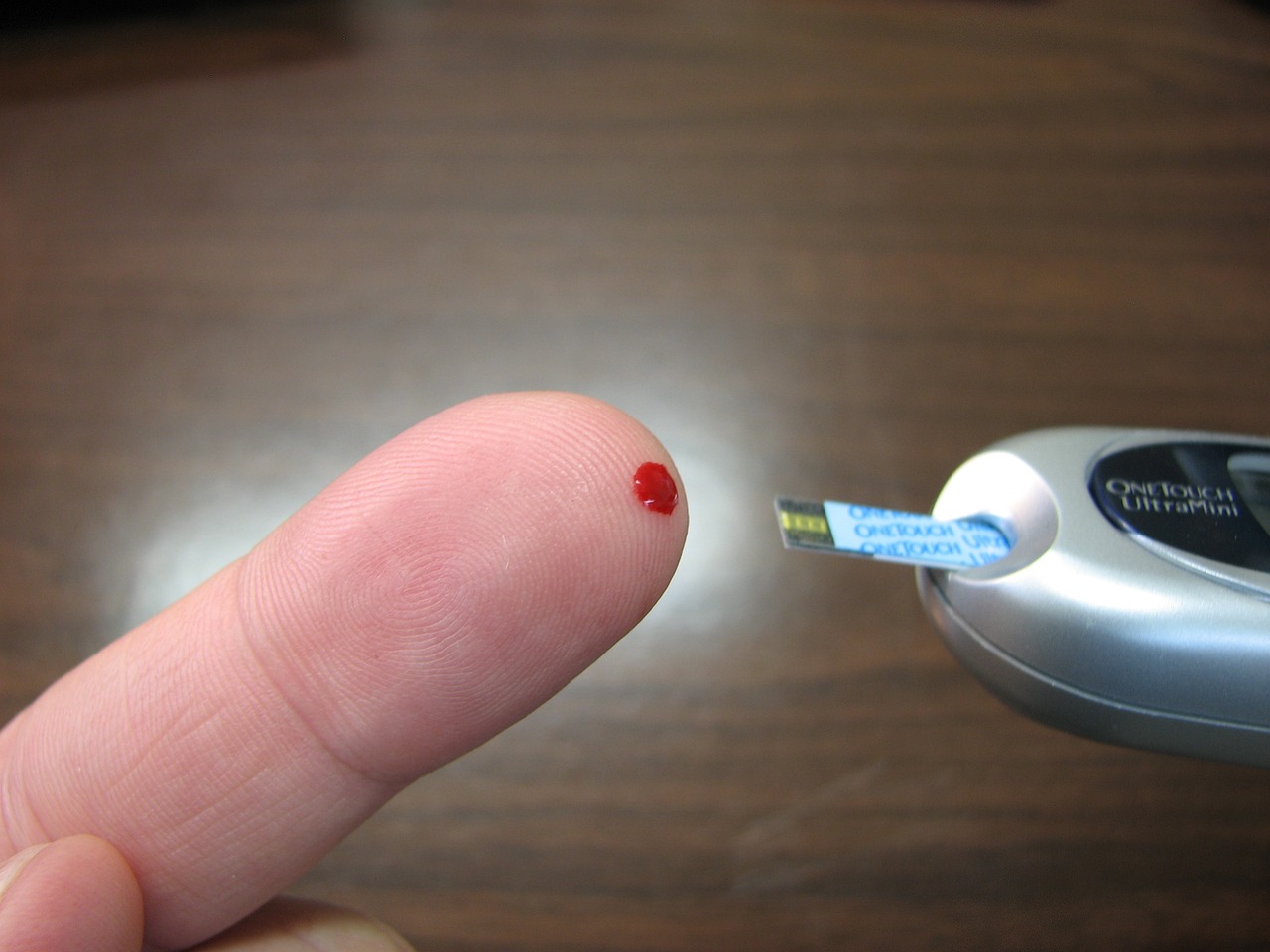High blood pressure, or hypertension, is a common health condition that often requires medical intervention to effectively manage. There are various medications available to help control blood pressure and reduce the risk of associated complications. Here are some common types of medications used for managing high blood pressure:
- Diuretics: Diuretics, also known as water pills, help the body eliminate excess sodium and water, reducing the volume of blood and lowering blood pressure. They are often prescribed as a first-line treatment for hypertension.
- Beta-blockers: Beta-blockers work by blocking the effects of adrenaline, reducing the heart rate and the force of contractions, which helps lower blood pressure. They are also used to treat other conditions such as heart disease and arrhythmias.
- ACE inhibitors: Angiotensin-converting enzyme (ACE) inhibitors relax blood vessels and decrease the production of a hormone called angiotensin II, which narrows blood vessels. By doing so, they lower blood pressure and improve blood flow.
- Angiotensin II receptor blockers (ARBs): ARBs work by blocking the action of angiotensin II, a hormone that constricts blood vessels. By preventing its effects, ARBs help relax blood vessels and lower blood pressure.
- Calcium channel blockers: Calcium channel blockers prevent calcium from entering the muscle cells of the heart and blood vessels, leading to relaxation of blood vessels and reduced workload on the heart. This results in lower blood pressure.
- Alpha-blockers: Alpha-blockers reduce nerve impulses that tighten blood vessels, allowing blood to flow more easily and lowering blood pressure. They are often used in combination with other medications.
- Renin inhibitors: Renin inhibitors reduce the production of renin, an enzyme involved in the production of angiotensin II. By inhibiting renin, these medications help relax blood vessels and lower blood pressure.
It is important to note that these medications should be prescribed and monitored by a healthcare professional. The choice of medication depends on factors such as an individual’s blood pressure levels, overall health, and presence of other medical conditions.
In addition to medication, lifestyle modifications such as a healthy diet, regular exercise, stress management, and limiting alcohol and sodium intake are also important for managing high blood pressure. Medications may be used in conjunction with these lifestyle changes to achieve optimal blood pressure control.
It is essential to follow the prescribed medication regimen and attend regular follow-up appointments with a healthcare professional to monitor blood pressure, adjust medication dosages if needed, and assess overall treatment effectiveness.
In conclusion, medications play a crucial role in managing high blood pressure by lowering blood pressure levels and reducing the risk of complications. However, medication should always be used in conjunction with lifestyle modifications and under the guidance of a healthcare professional to ensure safe and effective treatment.
